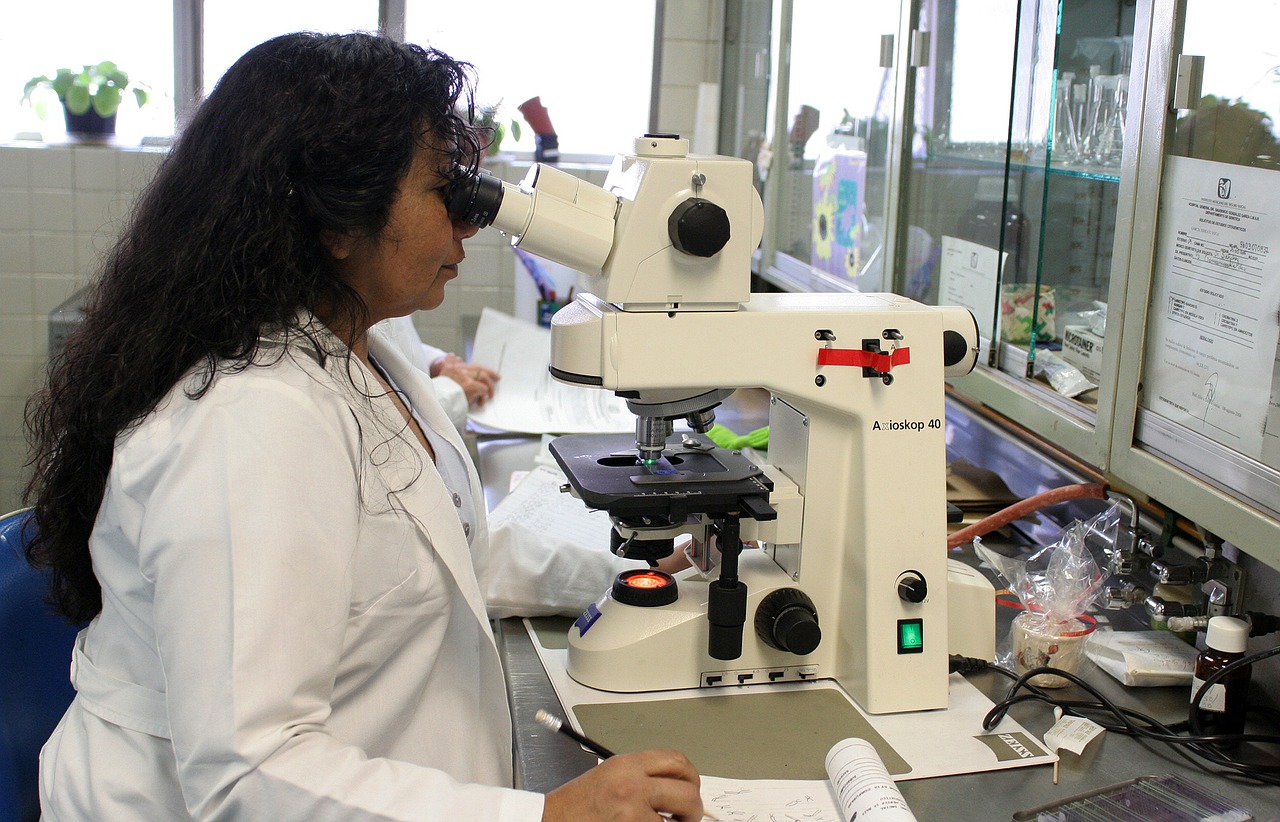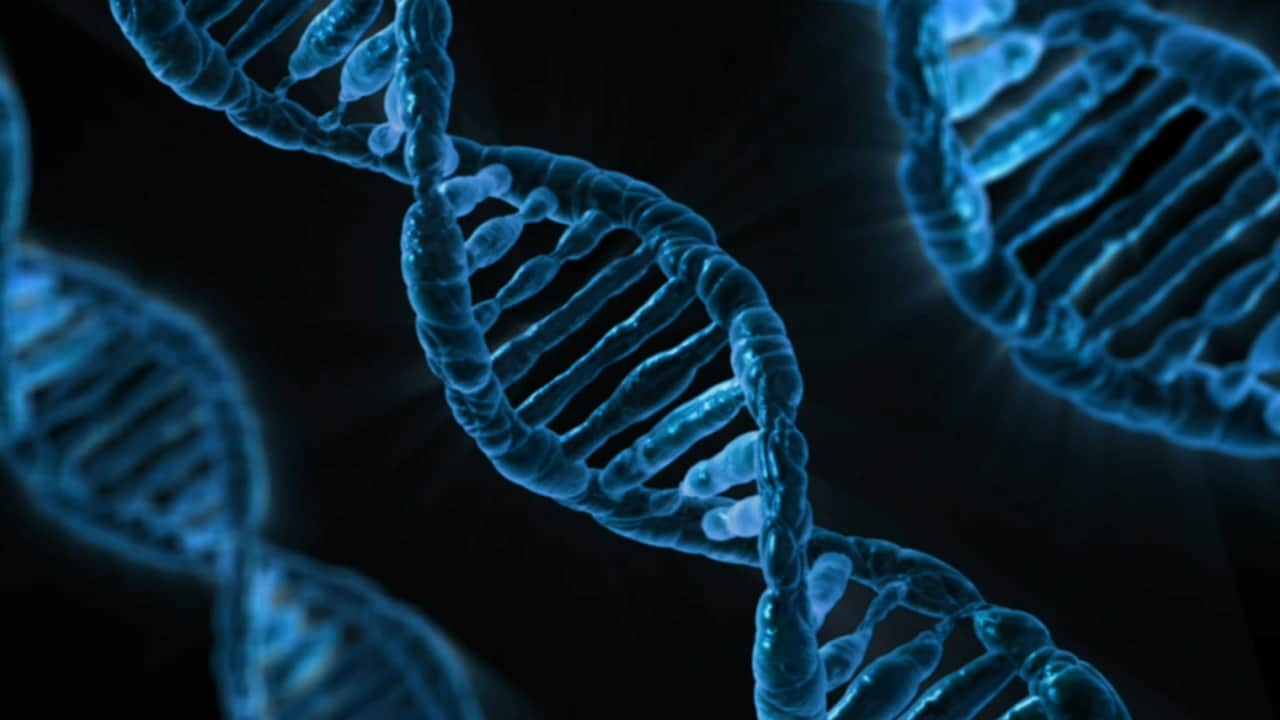Over the last decade, the science of DNA testing has advanced at a remarkable pace. Once it was the sole preserve of forensics labs and geneticists. Now, it is available to anybody with the money to buy a DIY kit. Today, home testing is a common way for people to uncover secrets about their past, their body, and possibly even their future.
Home DNA testing is not without its downsides, however. It’s still a very new practice and there are ongoing debates about its impact on personal privacy. The handling of DNA samples, particularly when given as part of a private activity, is a complex issue. It is encouraging sellers of DNA testing kits to rethink and reinforce their data policies.
If you’re keen to explore your DNA, for ancestry or medical reasons, make sure to pick a company with a strong reputation. Here are some things you should consider before buying a home DNA test.
IMAGE: PIXABAY
1. You Can’t Choose The Results
It would take an awfully long time to sequence all three billion base pairs of your DNA. So, genetic testing companies are likely to focus on the most prominent sections. You may be able to express preferences for what you’d like to know. However, ultimately, you’ve got to accept what comes back in the post. You may not discover everything you hope to.
2. Don’t Expect A Cancer Diagnosis
For many, home testing is a way to get a head start on their medical history. As some testing kits flag risk factors for disease, they can be used to inform health and lifestyle choices. Although, and this is important, they cannot tell you if you are definitely or even very likely to develop conditions like cancer. Even if a test flags risk factors in your DNA, there are countless biological and environmental reasons why it may never happen.
3. It’s Great For Tracking Ancestral Movements
The best use of DNA testing is still the charting of ancestral movements and migrations. With just a small sample of saliva, scientists can produce a list of geographic DNA markers. This means that, when you get your test back, you’ll be able to see which countries of the world your DNA links to. It’s a lot of fun because many of us have no idea where our great, great, great, great relatives lived and died.
4. You Are More Than Your DNA
Obviously, your DNA has a huge impact on what you look like, how you behave and how your body changes over time. What it cannot do is tell your future. You are a product of your environment as well. So, try to consider all testing results with an open mind. Home DNA testing is not an exact science and you shouldn’t use it to make important medical decisions. If you are concerned about any of your results, consult a doctor before acting on them.
5. Your DNA Results Could Be Shared
As already explained, there are some complex privacy debates concerning DNA testing. The mainstream handlers all have stringent data protection policies. However, if the government or police force request your DNA, these companies often have little power to refuse. So, just be aware of the fact that, once your sample is sent, it’s going to be difficult for you to know for sure if it is active, in storage or destroyed.
Why You Should Feel Safe Submitting a DNA Sample
There are still big questions about how leading providers, such as 23andMe, are expected to handle DNA in a world of complex privacy laws. It’s certainly important to be aware of the privacy issues associated with this practice.
However, you should also know there are serious laws in place to protect you from a data breach. DNA testing companies cannot use your sample in any way they wish. They are bound by strict rules and must tell you how they handled, treated, analyzed, used and stored your genetic material.
If you are interested in even more lifestyle-related articles and information from us here at Bit Rebels then we have a lot to choose from.


COMMENTS